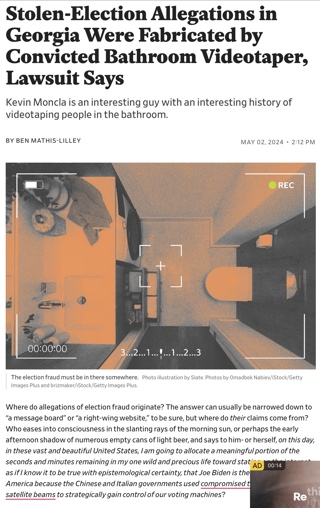Consciousness After Death: Strange Tales From the Frontiers of Resuscitation Medicine
Sam Parnia practices resuscitation medine. In other words, he helps bring people back from the dead — and some return with stories. Their tales could help save lives, and even challenge traditional scientific ideas about the nature of consciousness.”The evidence we have so far is that human consciousness does not become annihilated,” said Parnia, a doctor at Stony Brook University Hospital and director of the school’s resuscitation research program. “It continues for a few hours after death, albeit in a hibernated state we cannot see from the outside.”
It sounds supernatural, and if their memories are accurate and their brains really have stopped, it’s neurologically inexplicable, at least with what’s now known. Parnia, leader of the Human Consciousness Project’s AWARE study, which documents after-death experiences in 25 hospitals across North America and Europe, is studying the phenomenon scientifically.
Parnia discusses his work in the new book Erasing Death: The Science That Is Rewriting the Boundaries Between Life and Death. Wired talked to Parnia about resuscitation and the nature of consciousness.
More: Consciousness After Death: Strange Tales From the Frontiers of Resuscitation Medicine












